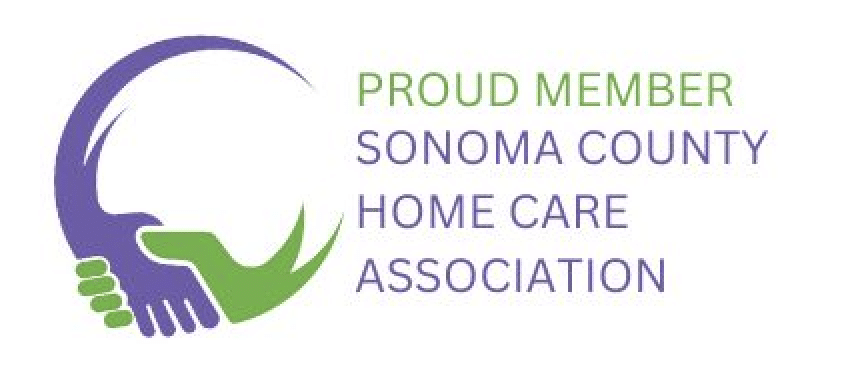Key Takeaways
- Recognized by the Older Americans Act (OAA) as a community focal point, senior centers have become one of the most widely used services among America’s older adults.
- Senior centers serve as a gateway to the nation’s aging network—connecting 1 million older adults to vital community services.
- Senior centers work in partnership with other community agencies and organizations and businesses to provide access to an array of opportunities for older adults to stay safe, active, and healthy.
Senior centers, recognized by the Older Americans Act (OAA) as a community focal point, are one of the most widely used services among America’s older adults. Today, almost 10,000 senior centers serve more than 1 million older adults every day in their communities and neighborhoods.
Participants
- Approximately 70% of senior center participants are women; half of them live alone.
- The majority are Caucasian, followed by African American, Hispanic, and Asian, respectively.
- Compared with their peers, senior center participants have higher levels of health, social interaction, and life satisfaction and lower levels of income.
- The average age of participants is 75.
- 75% of participants visit their center one to three times per week. They spend an average of 3.3 hours per visit.
Senior center services
- Senior centers connect older adults to vital community services that can help them stay healthy and independent.
- More than 60% of senior centers are designated focal points for delivery of OAA services—allowing older adults to access multiple services in one place.
- Senior centers work in partnership with other community agencies and organizations and businesses to provide access to an array of opportunities for older adults to stay safe, active, and healthy.
- Senior centers frequently serve as part of emergency response. During the pandemic, seniors centers have been a lifeline for older adults and their communities.
- Senior centers offer a wide variety of programs and services, including:
- Meal and nutrition programs
- Information and assistance
- Health, fitness, and wellness programs
- Transportation services
- Public benefits counseling
- Employment assistance
- Volunteer and civic engagement opportunities
- Social and recreational activities
- Educational and arts programs
- Intergenerational programs
How are senior centers funded?
To maintain operations, senior centers must leverage resources from a variety of sources. Primary funding sources are often local (municpal or county government tax dollards). Other sources include: federal and state governments; fundraising events; public and private grants; businesses; bequests; participant contributions; in-kind donations; and volunteer hours. Most centers rely on three to eight different funding sources.
Benefits and impact
- Research shows older adults who participate in senior center programs can learn to manage and delay the onset of chronic disease and experience measurable improvements in their physical, social, spiritual, emotional, mental, and economic well-being.
- Today’s senior centers are reinventing themselves to meet the needs and desires of three generations of older adults. Baby Boomers now constitute more than two-thirds of the 50+ population. Senior centers are developing new programs and opportunities for this dynamic generation of older adults and have an eye towards the future with the leading age of Generation X turning 60 in 2025.
Copyright © NCOA’s National Institute of Senior Centers (NISC) 2022. All rights reserved.






